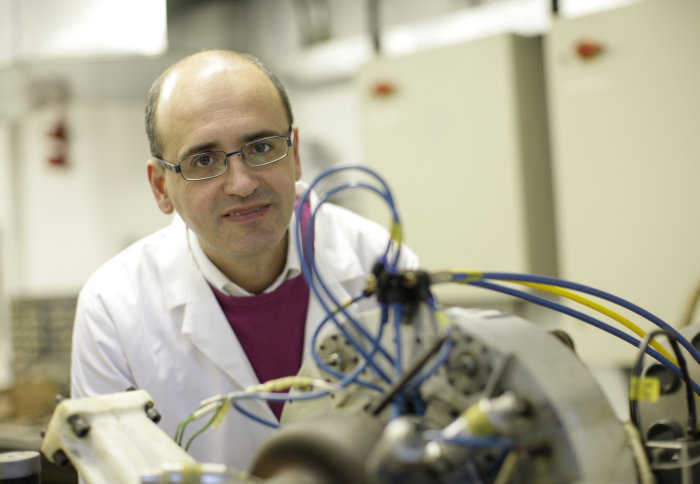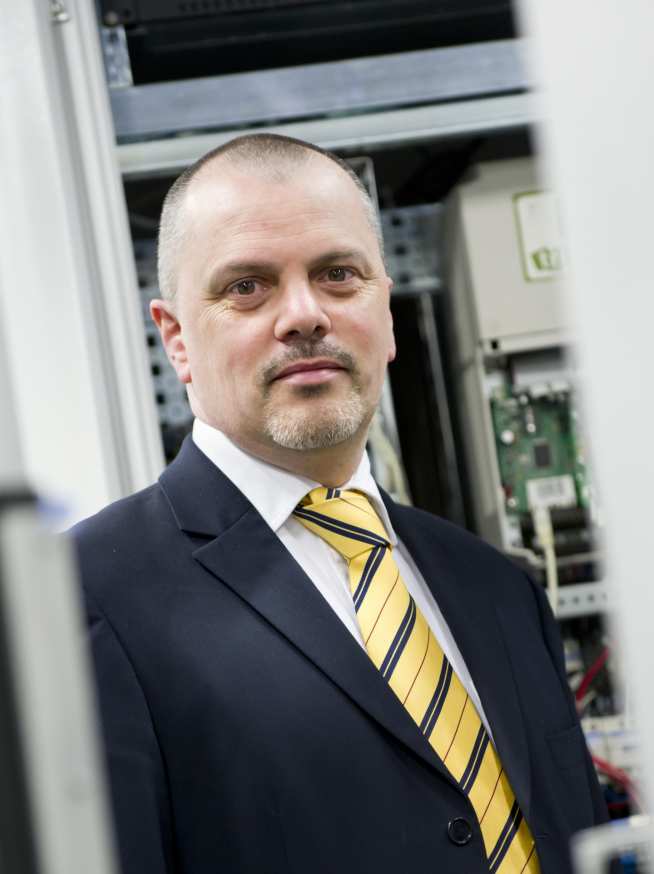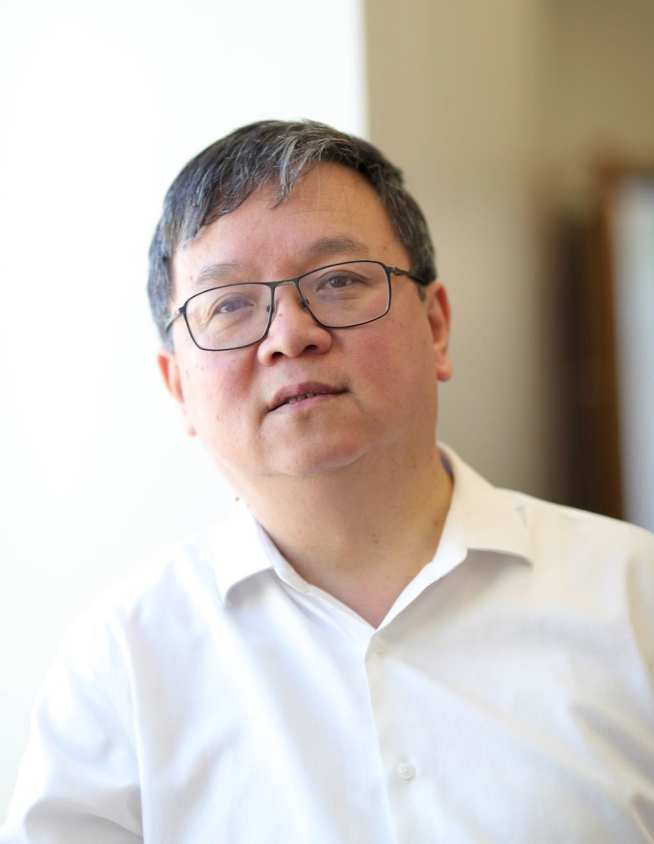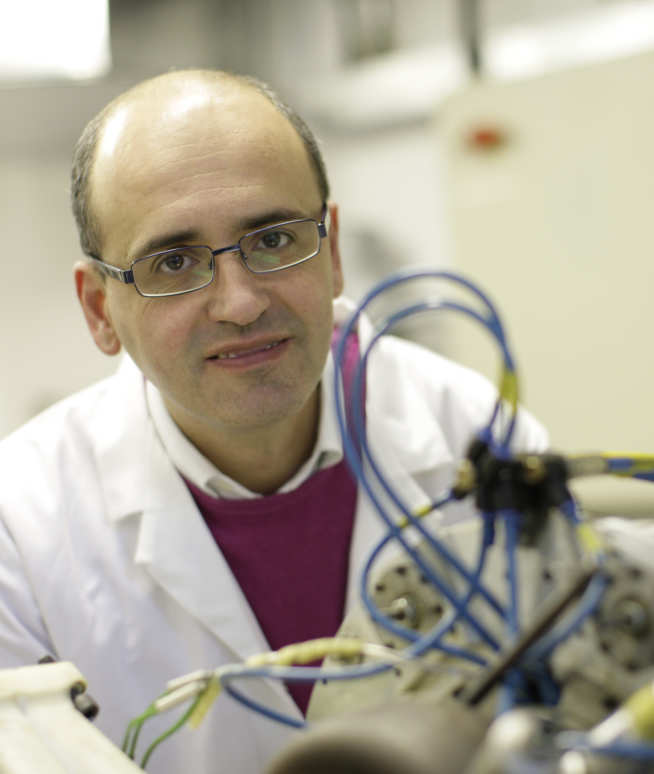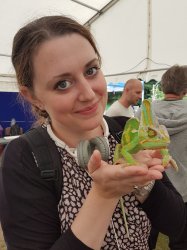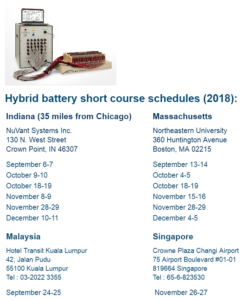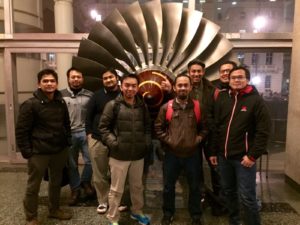Introducing Maxis What’s Next Scholarship
A programme specially designed for those interested in pursuing a postgraduate degree/ postgraduate diploma (in any field of your choice); whether it’s online, in a local university or even overseas. This programmes comes with an opportunity to gain valuable work experience with the Maxis team in areas related to IoT, solution selling, big data and more.
If you’re passionate about creating an upper hand for your future through a postgraduate degree or postgraduate diploma, talk to us today by applying for the Maxis What’s Next Scholarship!
CLICK THE LINK BELOW

